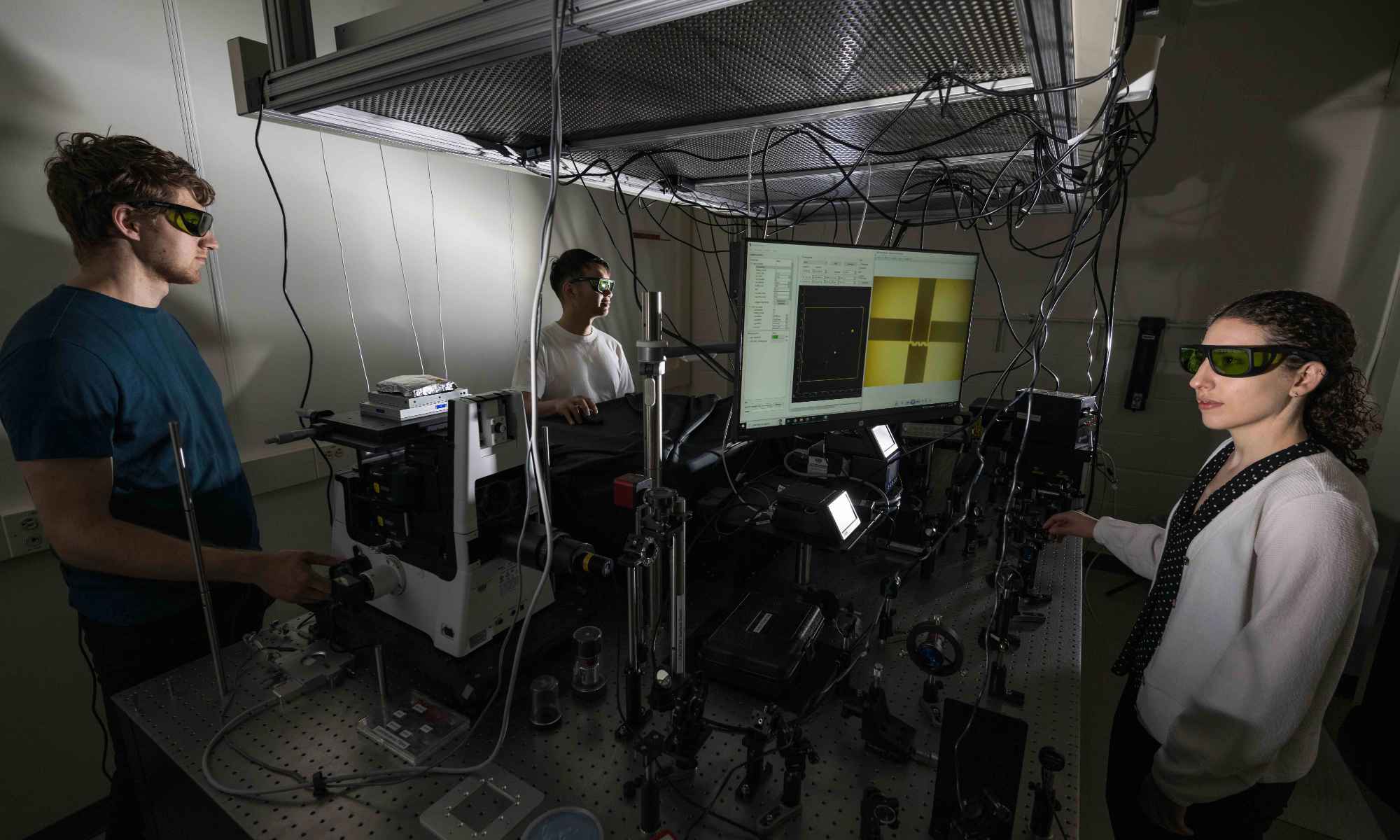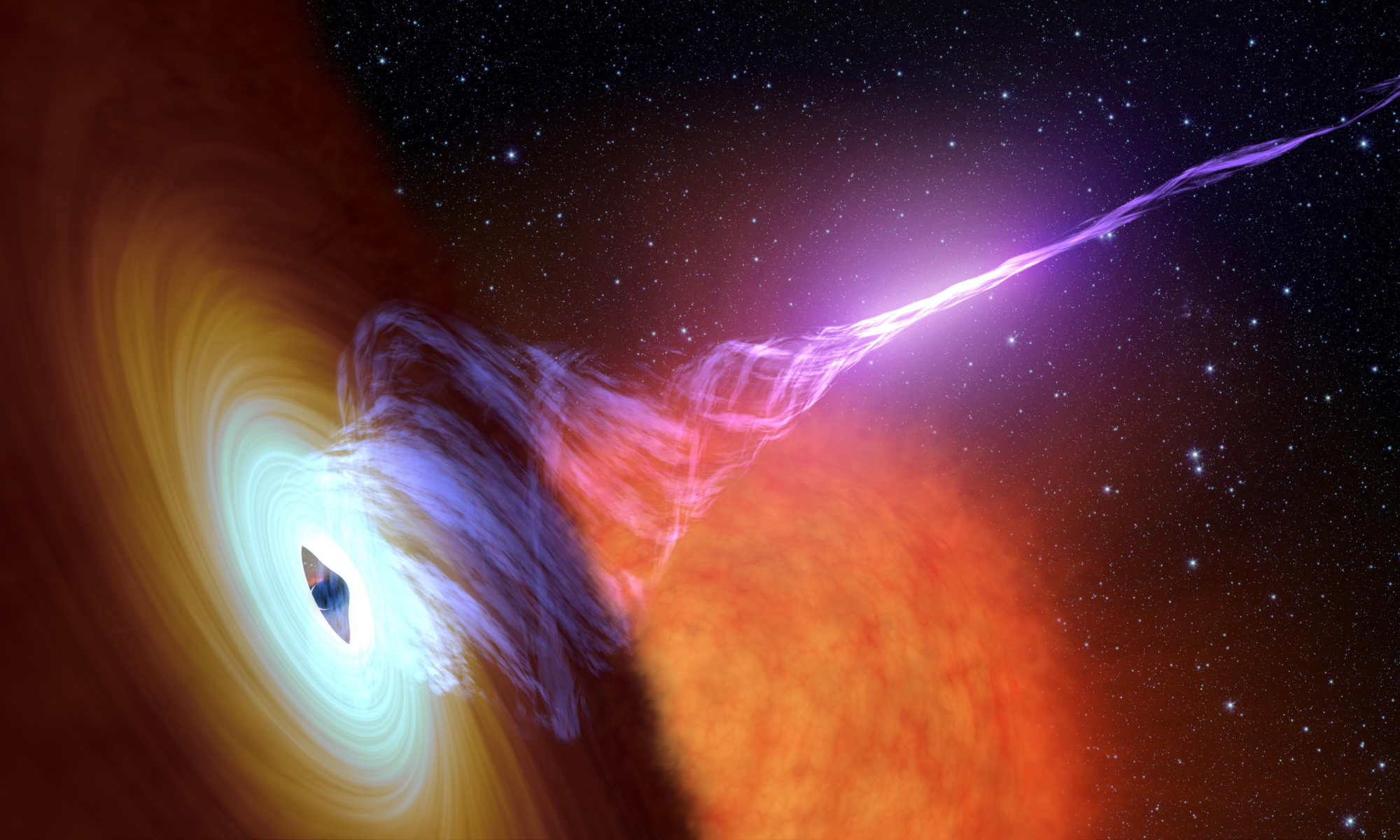A new way to look at photochemical reactions. Safer electrolytes in batteries. Understanding a key component of chromosomes. And collaborative music making between humans and computers.
These are topics four University of Rochester researchers will pursue as recipients of the National Science Foundation’s most prestigious recognition for junior faculty members: the Faculty Early Career Development (CAREER) award.
Zhiyao Duan, an assistant professor of electrical and computer engineering, will develop a human-computer music making system that allows humans to work with machines on harmonizing pitch, coordinating musical timing, and conveying expression in music. Using signal processing, artificial intelligence, and machine learning algorithms, Duan will improve current automated accompaniment systems by empowering machines with stronger music perception skills, more expressive performance, and deeper understanding of music theory and composition. (Read more here.)
Pengfei (Frank) Huo, an assistant professor of chemistry, will develop new approaches for investigating the photochemical reactions that are crucial for solar fuel production. A quantitative and predictive understanding of these reactions is hampered by the lack of efficient and accurate theoretical approaches. The Huo group develops new quantum dynamics methods that aim to address these theoretical challenges. (Read more here.)
Amanda Larracuente, an assistant professor of biology, will investigate the function and evolution of centromeres in fruit flies. Centromeres, which vary in size and complexity across organisms, are regions of the chromosome that are essential in ensuring chromosomes separate properly during cell division. Variations in centromeres can have an impact on genome evolution, speciation, and human disease. Larracuente, the Stephen Biggar ’92 and Elisabeth Asaro ’92 Fellow in Data Science, will study the variation of centromeres within and between species to gain insights into their DNA sequences. She will also examine how a class of selfish genetic elements called retrotransposons shape aspects of centromeres. (Read more here.)
Wyatt Tenhaeff, an assistant professor of chemical engineering, will develop a novel chemical vapor deposition process to enable gels to be used as safer electrolytes for lithium ion batteries. Gels offer a compromise between current liquid electrolytes, which are combustible, and solid electrolytes, which are difficult to integrate within existing battery designs, especially within the porous electrodes where charge is stored. (Read more here.)
NSF CAREER awards provide researchers with five years of funding to help lay the foundation for their future research. But innovative ways to integrate research with the education of students is also a key part of the CAREER program, which recognizes “junior faculty who exemplify the role of teacher-scholars through outstanding research, excellent education and the integration of education and research within the context of the mission of their organizations.”



